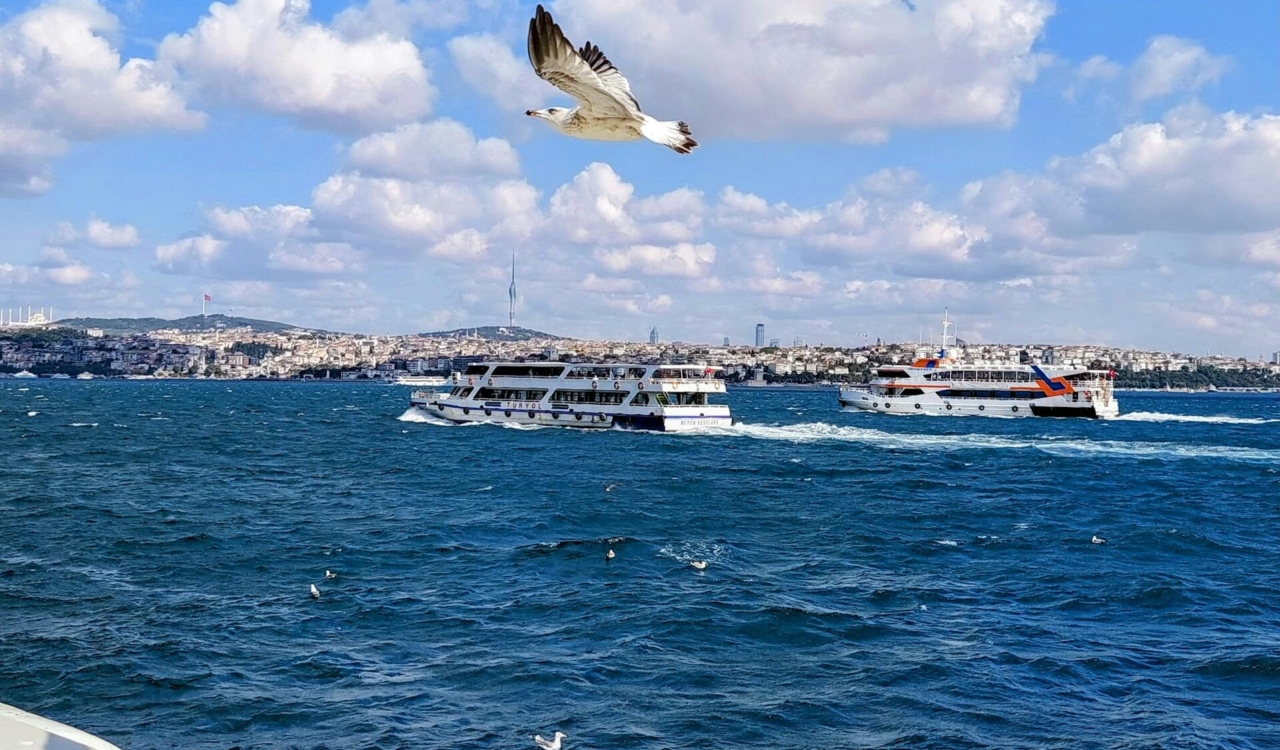Cruise Season Timing and Storm Expectations
When Is Hurricane Season?
Hurricane season runs from June 1 to November 30, with the most activity typically between mid-August and October. The National Oceanic and Atmospheric Administration (NOAA) reports around 14 named storms per year, about half of which become hurricanes.
How It Affects Travel
Storms can cause high winds and heavy rain, forcing cruise lines to adjust itineraries, skip ports, or remain at sea longer. However, modern forecasting tools allow cruise companies to reroute ships quickly and safely.
Most Affected Cruise Regions and Itinerary Impact
Storm-Prone Areas:
- Gulf of Mexico: High chance of storm interference.
- Atlantic Ocean: Rough seas and potential storm surges.
- Southern Caribbean: Generally safer, with fewer direct hits.
| Region | Impact of Storms |
|---|---|
| Gulf of Mexico | High chances of itinerary changes due to proximity to storm tracks |
| Atlantic Ocean | Storm surges and rough seas during peak weather months |
| Southern Caribbean | Minimal impact; largely outside standard hurricane paths |
These adjustments are made to prioritize safety without sacrificing the travel experience.
Is It Safe to Cruise During Hurricane Season?
Cruises remain generally safe during hurricane season. Ships are built to handle rough seas, with stabilizers and constant monitoring of weather conditions. Medical staff and rerouting protocols are in place to protect passengers.
How Cruise Lines Monitor and Respond to Storms
Cruise lines use:
- NOAA data
- Satellites and radar
- Onboard weather experts
Routes may shift from one destination to another (e.g., skipping the Bahamas for Cozumel) to avoid storms. Ships may also delay departures or return to port early.
Common Safety Measures and Ship Technology
- Stabilizers reduce ship movement during rough waters.
- Seasickness medication is readily available.
- Safety drills prepare passengers and crew.
- Medical staff can treat weather-related conditions.
These systems work together to maintain safety and comfort during turbulent weather.
Getting Ready for a Cruise During Hurricane Season
Smart Planning Tips:
- Check forecasts regularly before and during your trip.
- Pack for unpredictability: include travel documents, rain gear, and medications.
- Follow cruise line updates and safety instructions.
Backup Strategies:
- Purchase travel insurance with coverage for weather-related cancellations.
- Keep contact info and emergency plans accessible.
- Book with flexible change/cancellation policies.
Travel Essentials & Documents
- Travel insurance documents in case of emergencies
- Versatile clothing and lightweight luggage
- Multiple payment methods (e.g., Chase Sapphire Reserve or American Express)
- Seasickness meds packed in checked baggage
- Confirmed travel papers to ensure port entry
Being organized can make unexpected changes more manageable.
Best Practices
- Choose companies like Royal Caribbean and Celebrity Cruises with adaptable itineraries.
- Opt for ports like Aruba, Bonaire, or Curacao, which are less affected by storms.
- Book early and monitor weather trends to stay ahead of potential disruptions.
Cruise Planning Guide for Hurricane Season
- Research Weather Patterns: Know that storm risk is highest from August to October. Travel in April or early fall for lower risk and smoother seas.
- Book Flexible Flights and Accommodations: Choose providers that allow free changes or cancellations in case of delays.
- Purchase Strong Travel Insurance: Look for coverage that includes cancellation, trip interruption, and medical emergencies.
- Stay Informed Before and During Your Cruise: Use sources like NOAA for real-time weather alerts and cruise company updates.
Final Thoughts
With the right planning, cruising during hurricane season can still be fun. You can lower your risks by learning about storm patterns, buying flexible tickets, and staying up to date. You can confidently explore the Southern Caribbean or Gulf of Mexico, even in the stormy months, thanks to modern ship technology and skilled crews.
Frequently Asked Questions
Will my cruise be canceled or rerouted because of a hurricane?
Yes, if there’s storm risk, cruise lines may cancel or change routes for safety. You’ll receive updates from the cruise company.
What happens if a hurricane forms while I’m at sea?
The ship will change course to avoid the storm. Crew members are trained to keep everyone safe and informed.
Are cruises cheaper during hurricane season?
Yes. Fewer travelers book during storm season, so prices are often lower. However, there may be last-minute changes to your itinerary.
Can I get a refund if I cancel my cruise due to a hurricane?
Yes, many cruise lines offer refunds or credits for cancellations caused by hurricanes. Travel insurance can also help cover related costs.
Updated by Albert Fang
Source Citation References:
+ Inspo
Carballo Chanfón, P., Mohan, P., Strobl, E., & Tveit, T. (2023). The impact of hurricane strikes on cruise ship and airplane tourist arrivals in the Caribbean. Tourism economics, 29(1), 68-91.

